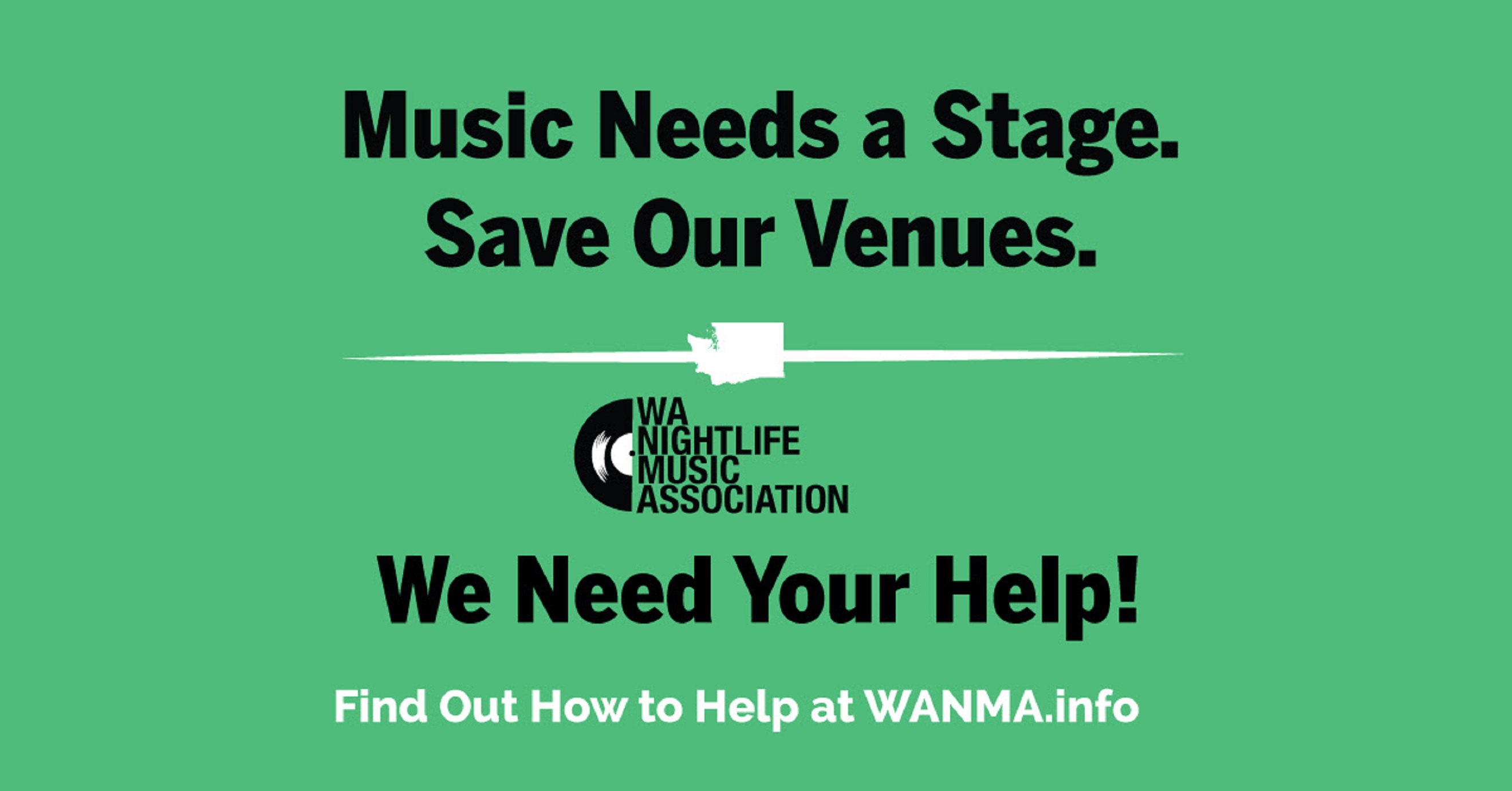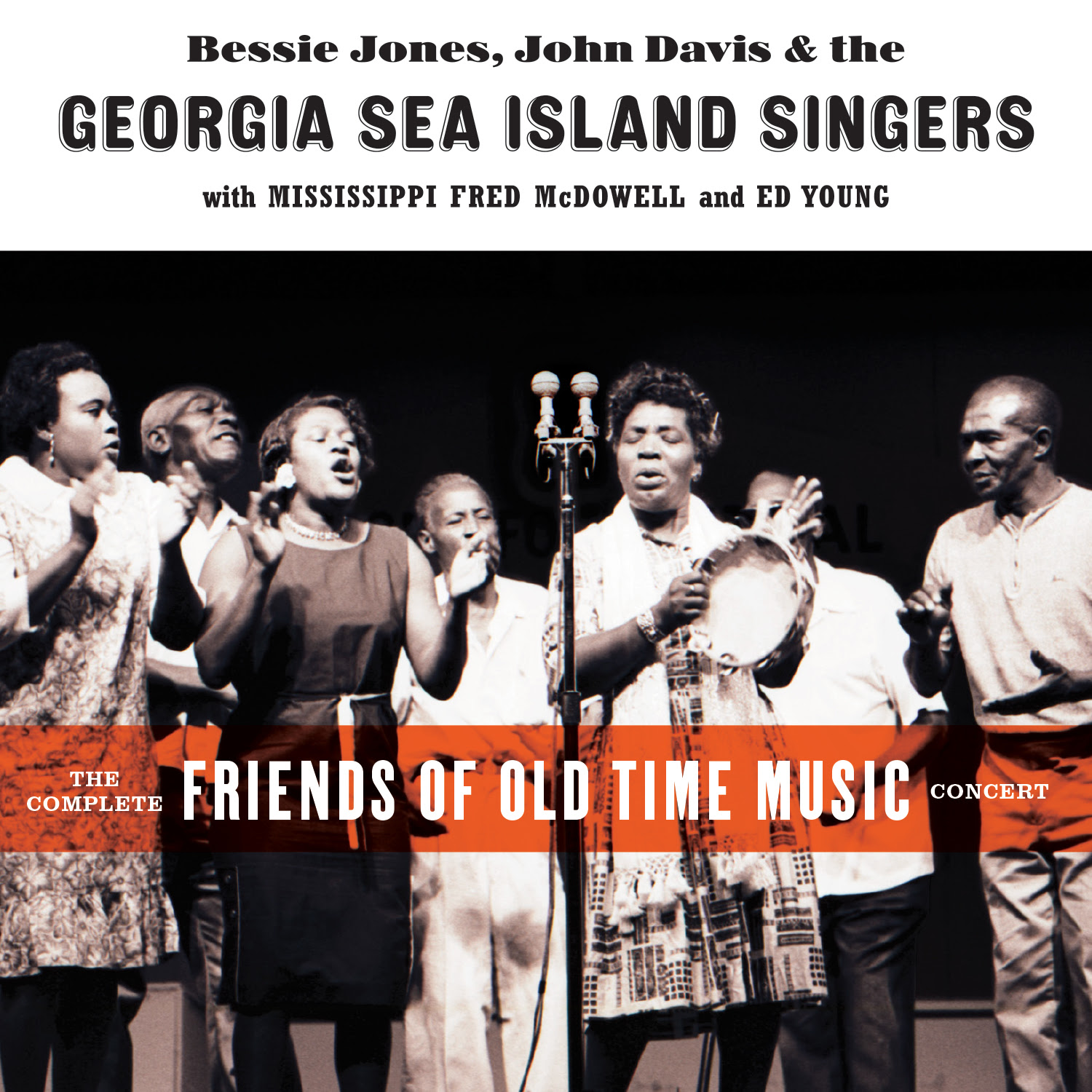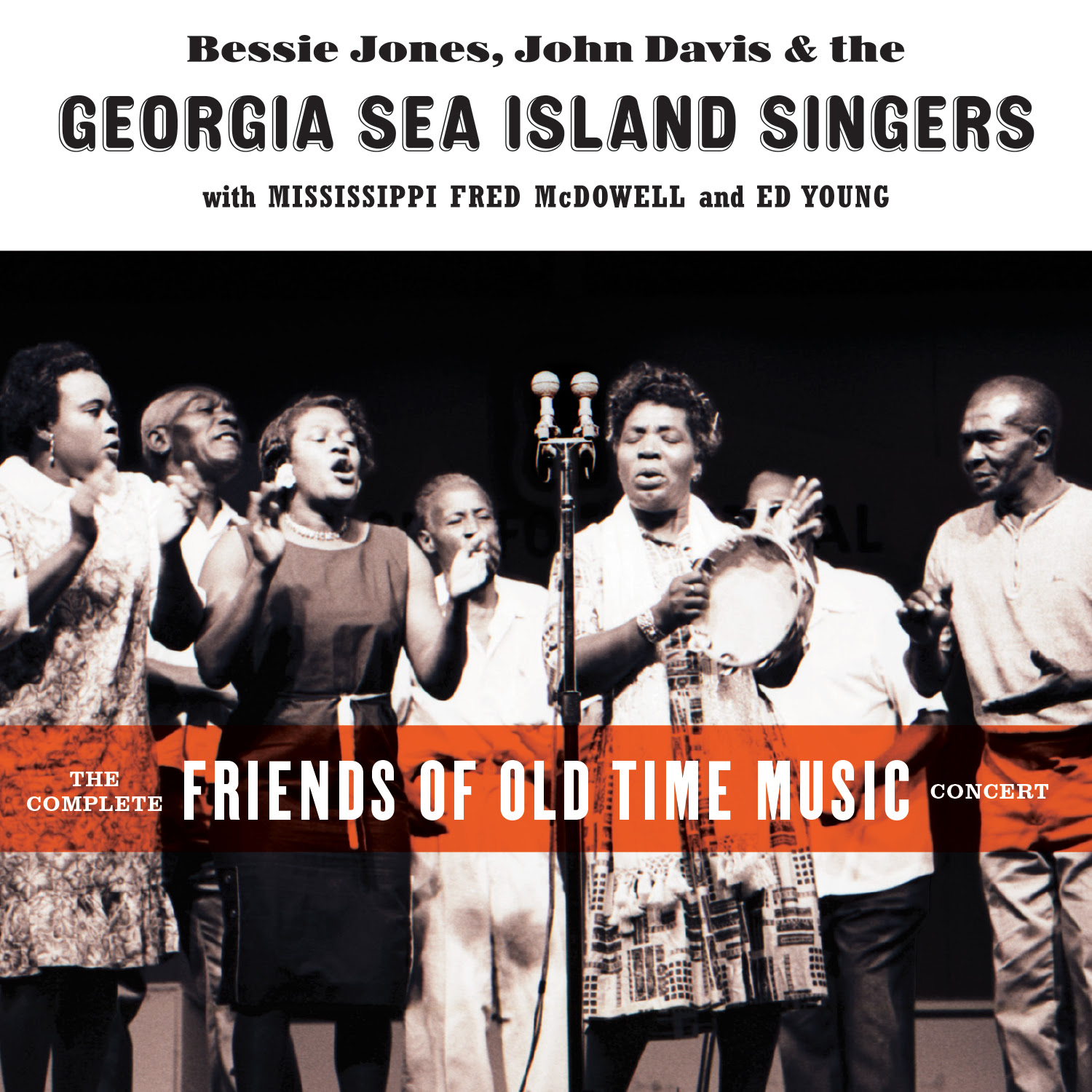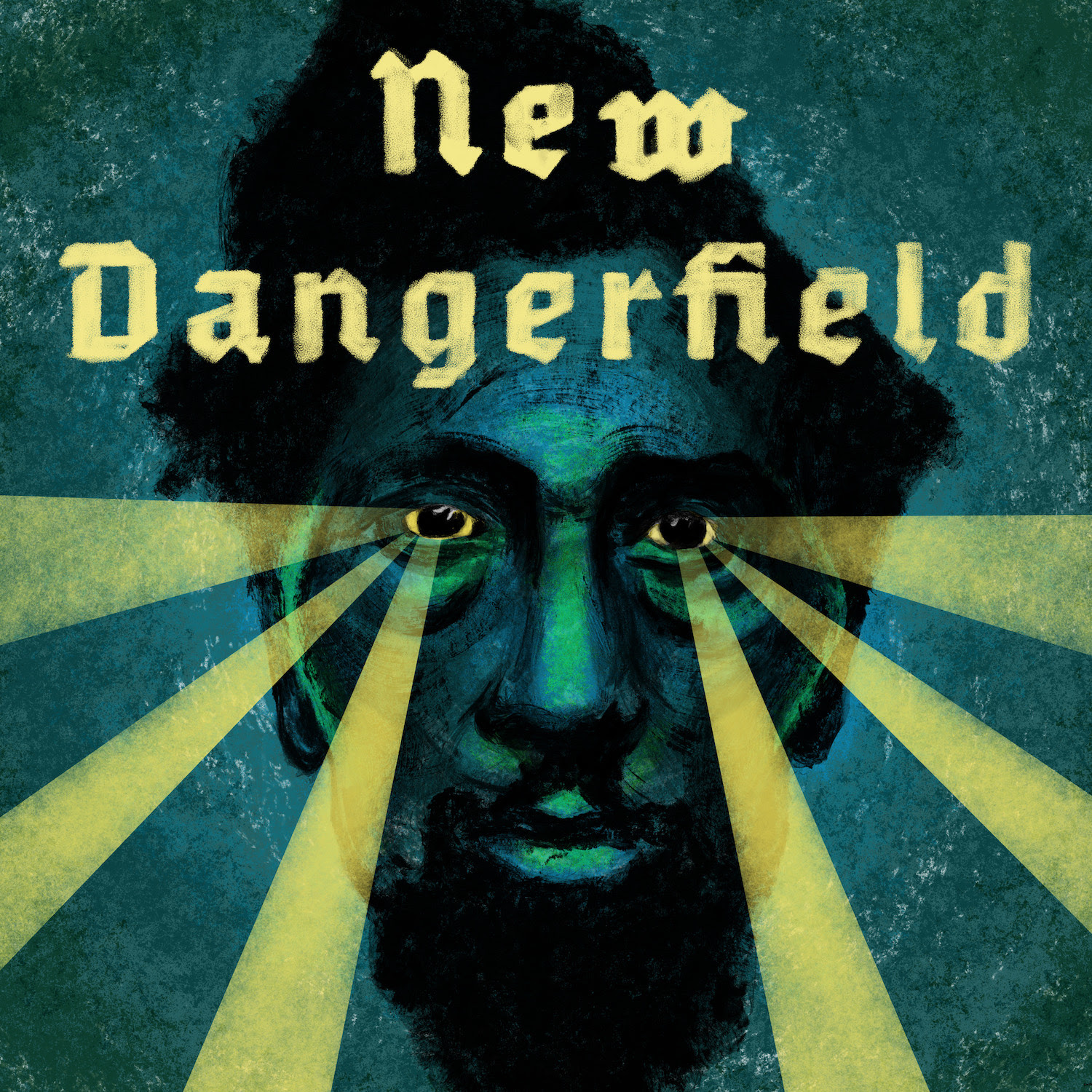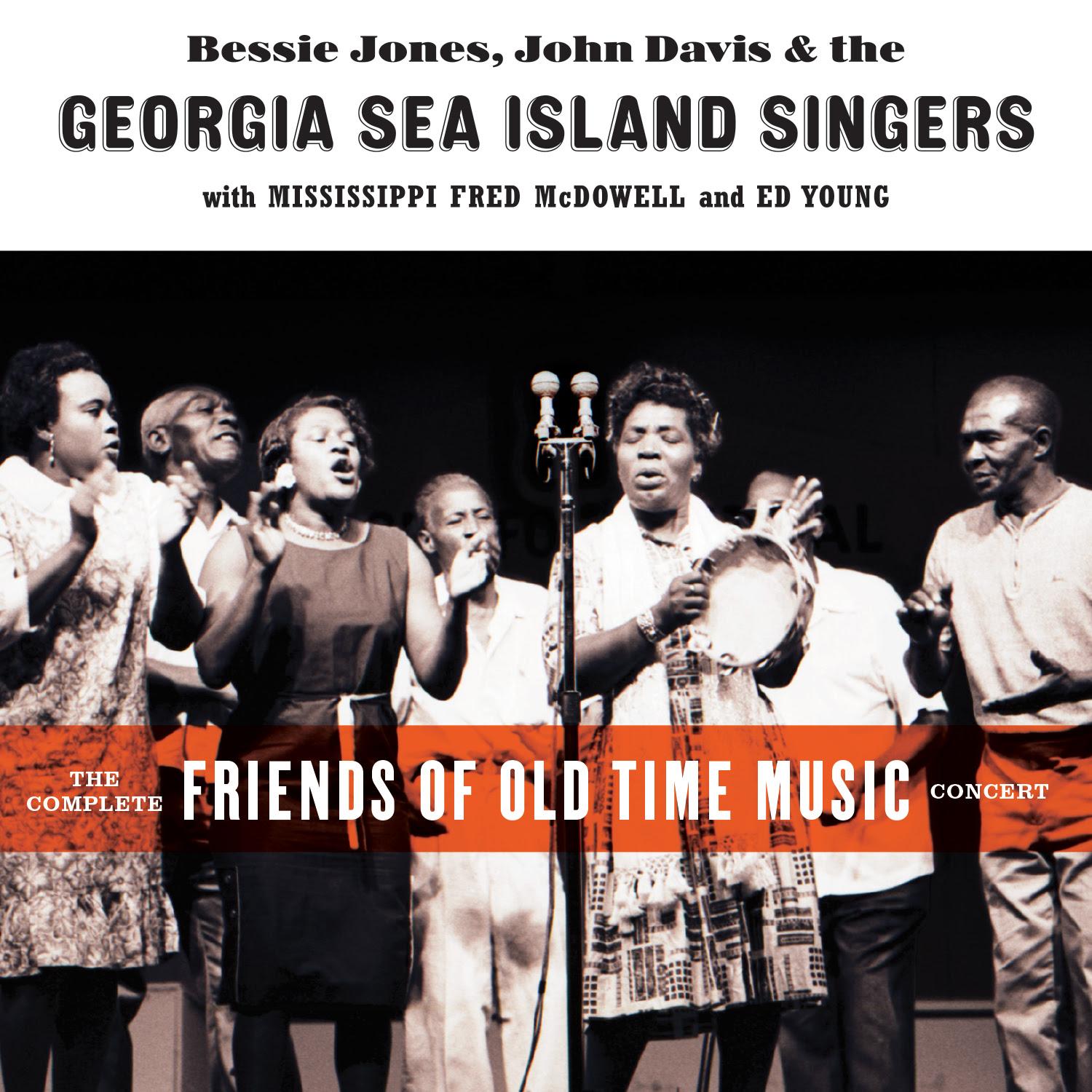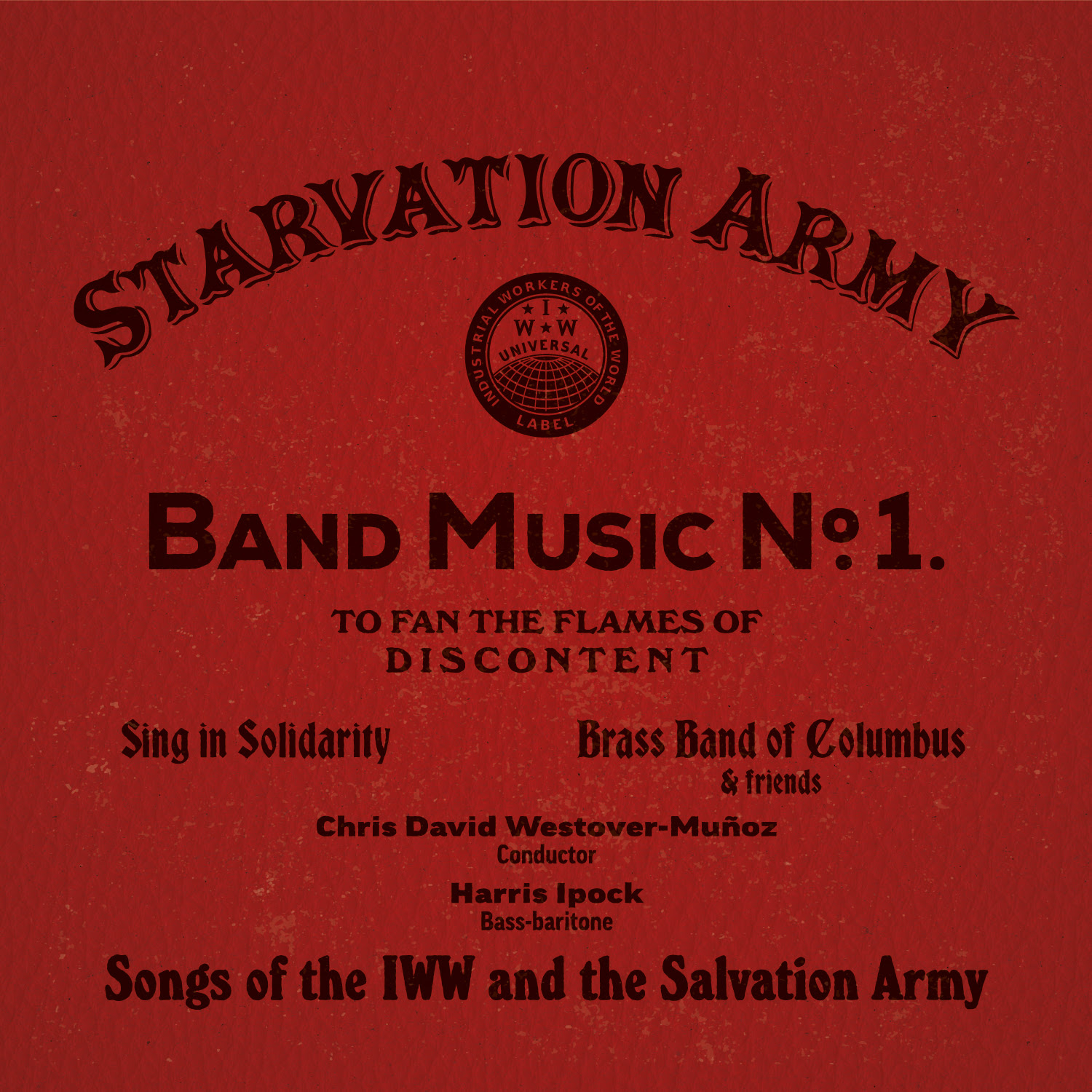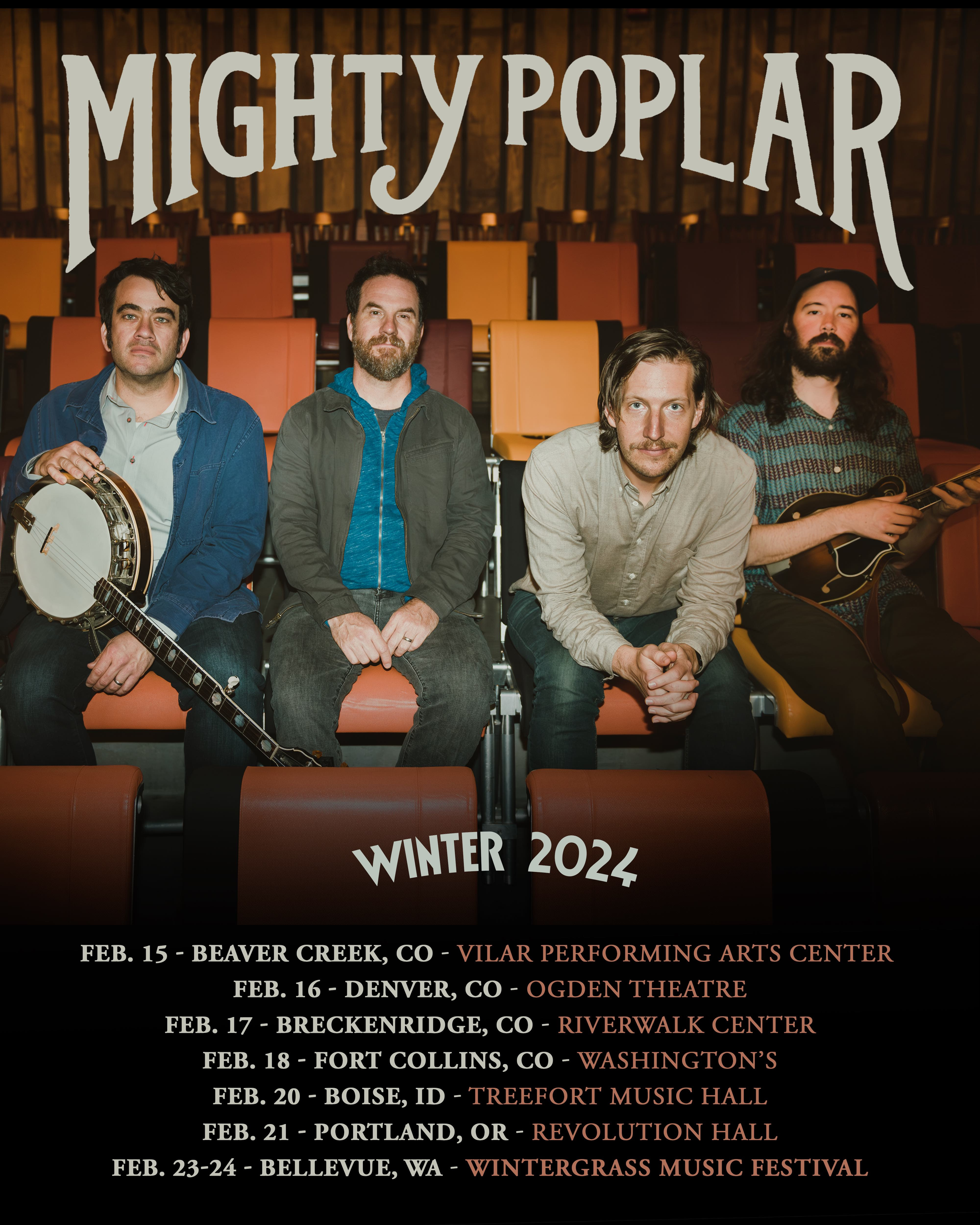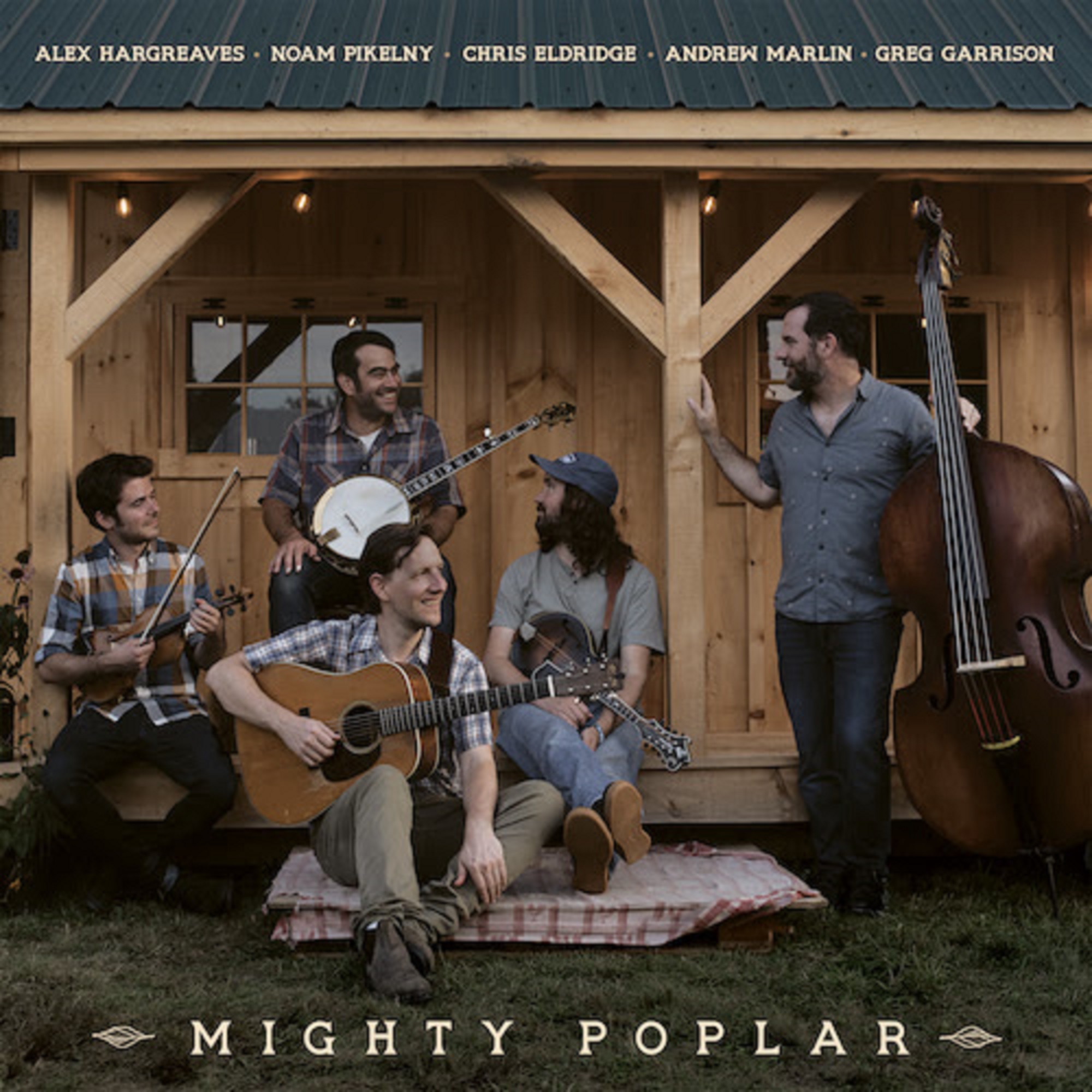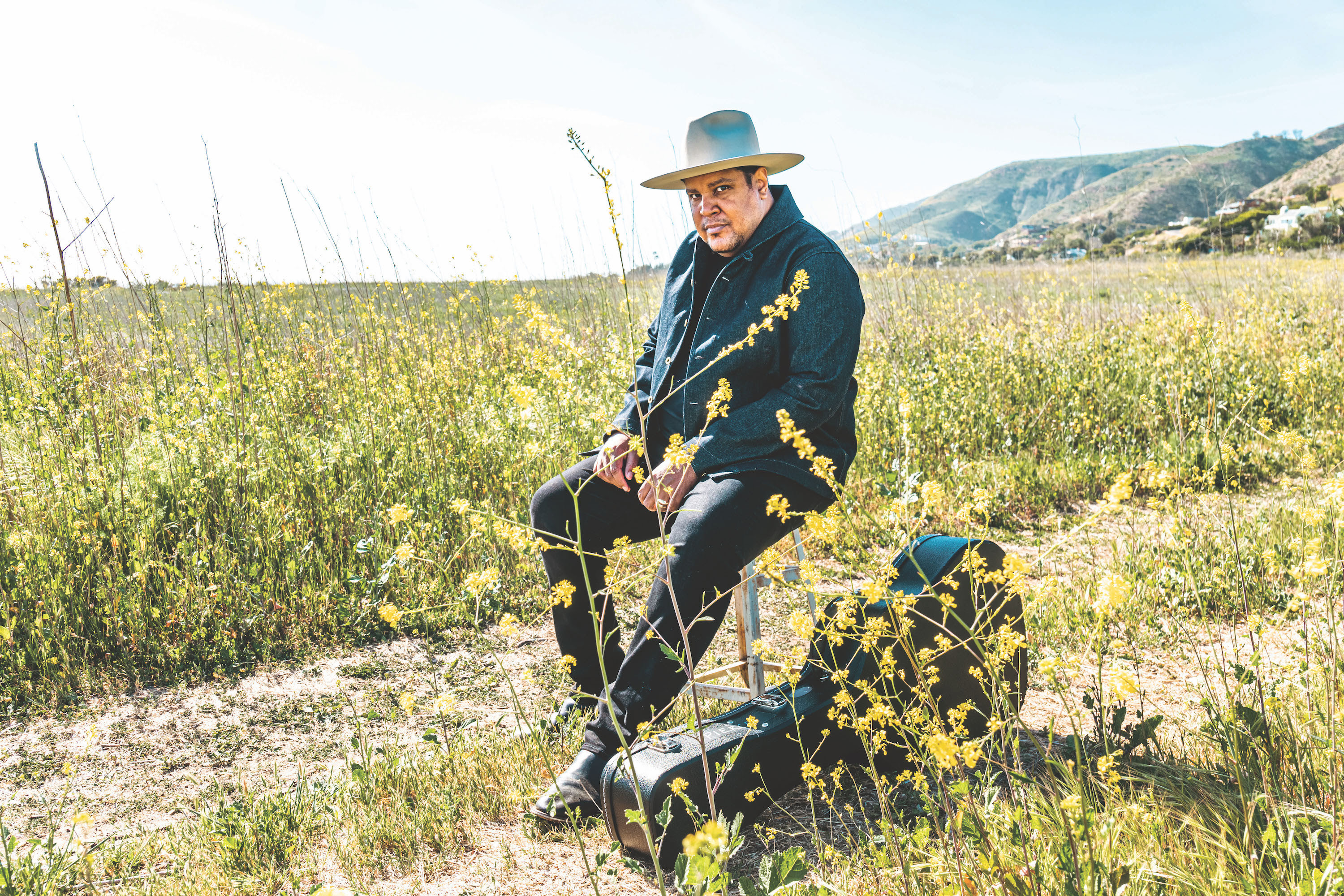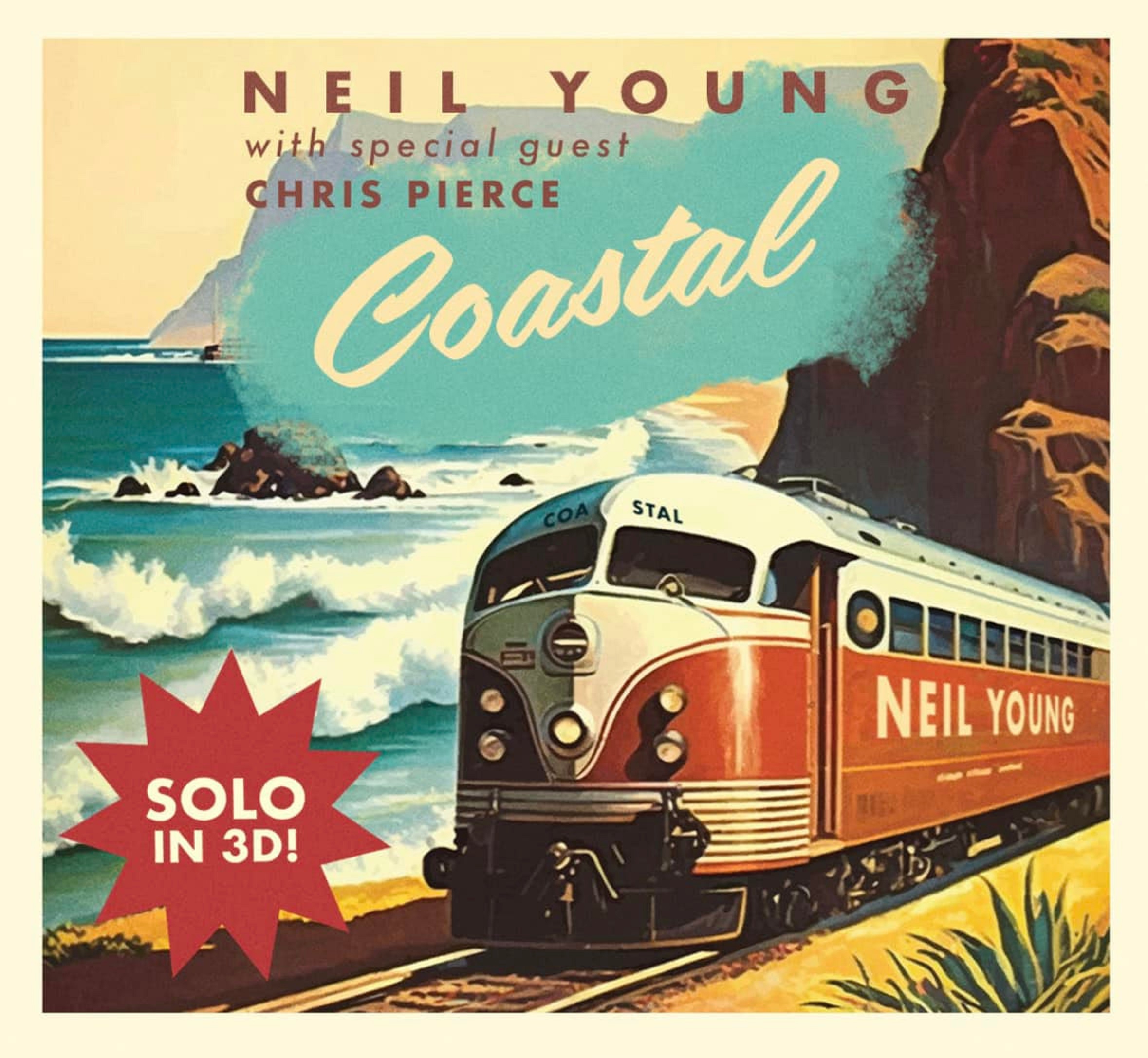With every independent music venue in Seattle currently closed due to COVID-19 social distancing, we are looking at the immediate end of music in Seattle in one month. Seattle already has some of the highest rents in the nation and without any kind of assistance for live music venues and no income coming in, these rents will end live music as we know it. Favorite venues have already decided to shut their doors permanently, though they're not announcing it publicly yet, and we estimate that the majority of Seattle music venues will close permanently within the month without help beyond the Paycheck Protection Program . The newly formed Washington Nightlife & Music Association (WANMA) has put together a Five Step Plan to help save our music and we're asking you to reach out to your representative to help!
The music industry in Seattle directly creates tens of thousands of jobs, generating over a billion dollars in sales and millions in earnings. It is estimated that the industry in Seattle generates $90 million annually in state and local sales and B&O taxes. Independent venues play a critical role in this music industry. Collectively, the 25 independent venues making up the Washington Nightlife & Music Association alone produce an average of more than 4,500 events annually, meaning more than 20,000 individuals cross their stages over the course of a year. Closures of these venues would not only have a huge impact on the city’s cultural landscape but on the tourism, hotel, and brewing industries in Seattle, on thousands of gig workers, and of course on production staff and venue staff.
Seattle music venues aren’t the only ones hurting right now. This is a nationwide problem and will only get worse the longer music venues are closed nationally. Independently-owned event and live music venues, along with the entire arts and cultural sector, are deeply impacted by the clearly necessary restrictions on public gatherings. Like many small businesses, venues are run on very slim margins. Independent venues have high expenses during closure and continue to rack up expenses including rent on large spaces, taxes, rental of sound equipment, which is often not owned directly, and insurance. Many venues carry equipment debt and renovation debt as well. Most independent venues aren’t able to ask for direct audience support. Venues often work with outside ticketing companies, and as venues cancelled shows, that money was automatically returned to ticket buyers. There wasn’t an opportunity to ask patrons if they would be willing to forgo the refunds to support the venue through this time. Tours and events are booked out ahead of time, often six months or more. While some businesses like bars could potentially open the day the mandatory closures are lifted, venues would still need weeks if not months to book artists and sell tickets before beginning to see any incoming revenue. Selling tickets for summer dates is not possible as few people are buying tickets without knowing how long this will all last.
Independent venues play a critical role in the music and arts landscape, but as for-profit arts businesses, they are often outside of efforts to support non-profit arts and cultural organizations (who are also in need of help). That’s why WANMA is asking you to contact your local representative to let them know that independent venues need immediate help.
More Information about WANMA’s Five Step Plan:
VENUES NEED DIRECT CASH ASSISTANCE - As economic stimulus and relief develops, small business support must include direct cash assistance, not loans, to cover lost expenses including rent, insurance, utilities, etc. that are greater than PPP loan assistance.
RENT FORGIVENESS & REDUCTIONS - Independent performance venues are by necessity, large spaces. Rents are high and deferment alone will mean crushing debt for venues.
FINANCIAL PAYMENTS & EXTENDED ASSISTANCE FOR THE WORKFORCE - Venue have a sizeable workforce and stakeholders that will need financial assistance: employees, contract workers, touring musicians, local musicians, touring event support crew, booking agents, managers, owners, etc… all are getting crushed by the work stoppages. These stoppages will likely go much longer for this industry than some other sectors. There needs to be financial assistance not only to keep the industry infrastructure in place but for these people to afford basic living needs until calendars are booked and shows are happening.
TAX RELIEF - Venues need tax relief now and once they open again. Live music brings sizable tax revenue in the form of B & O tax, admission revenue tax, in addition to the taxes generated by its draw for the tourism industry.
INSURANCE RELIEF & REVISIONS - Venues need assistance working with insurance companies to pause insurance payments and coverage without losing continued coverage on reopening.





